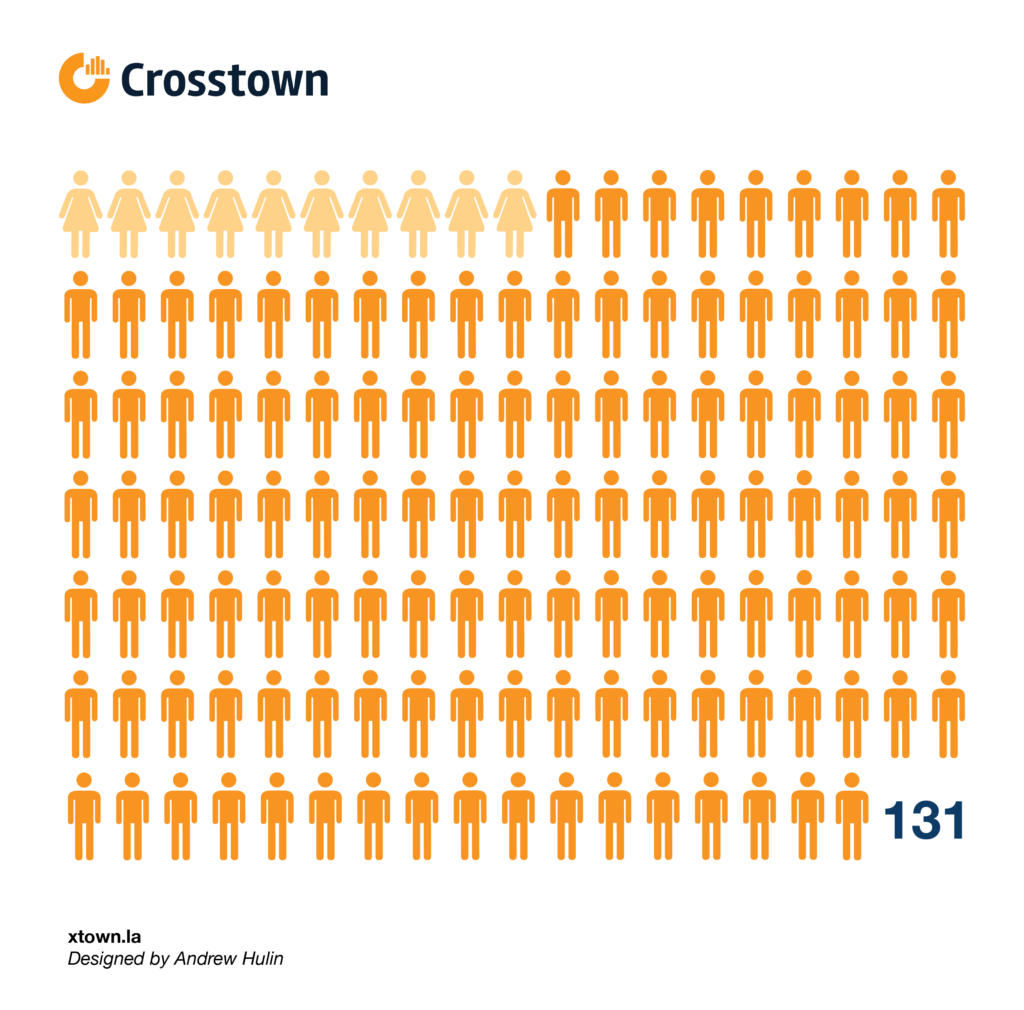Murders in Los Angeles on par with this time last year

Last year, the City of Los Angeles’s murder rate dropped by 8%. So far this year, however, it looks to be holding steady.
There were 131 murders in the first six months of 2019 in the city, just one fewer than this time last year. What’s more, the pace seems to be accelerating.
In the first quarter of this year, there were only 56 murders, compared to 66 during the first quarter last year.
These first six months numbers may mean that criminal homicides in the City of Los Angeles could be on track for matching last year’s total of 258. But, we’ll keep watching the LAPD’s publicly available crime data.
So far this year, the oldest murder victim was 71.
The two youngest were three and four years old.
The three-year-old Hispanic boy was killed by strong arm, meaning someone using their hands, fist, feet or other bodily force. The boy was killed on Jan. 9 at a home on the 8700 block of Croydon Ave. in Westchester.
The second young child, a four-year-old Hispanic male, was also killed by strong arm. He was killed on June 6 in a home on the 1600 block of E. 47th St. in Central Alameda. The boy’s father was later charged with one felony count of murder and one count of assault on a child causing death.
For the victims murdered in the first six months of this year, 10 were female and 121 were male.
There were 64 people killed of Hispanic descent. Fifty-six of the victims were black, eight were white, two were listed as “Other” and one was listed as Asian.
How we did it: We examined publicly available LAPD data on reports of criminal homicides for the first half of 2019. For neighborhood boundaries, we rely on the borders defined by the Los Angeles Times. Learn more about our data here.
LAPD data only reflects crimes that are reported to the department, not how many crimes actually occurred. In making our calculations, we rely on the data the LAPD makes publicly available. LAPD may update past crime reports with new information, or recategorize past reports. Those revised reports do not always automatically become part of the public database.
Want to know how your neighborhood fares? Or simply just interested in our data? Email us at askus@xtown.la.






